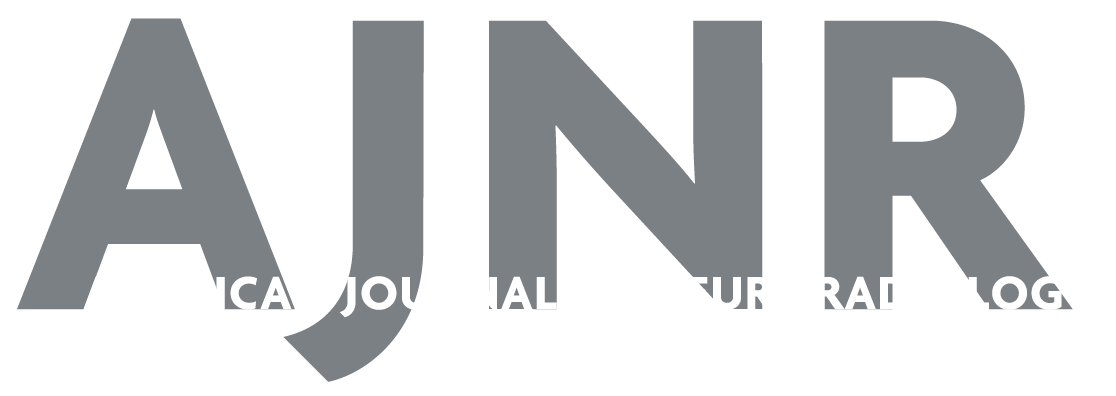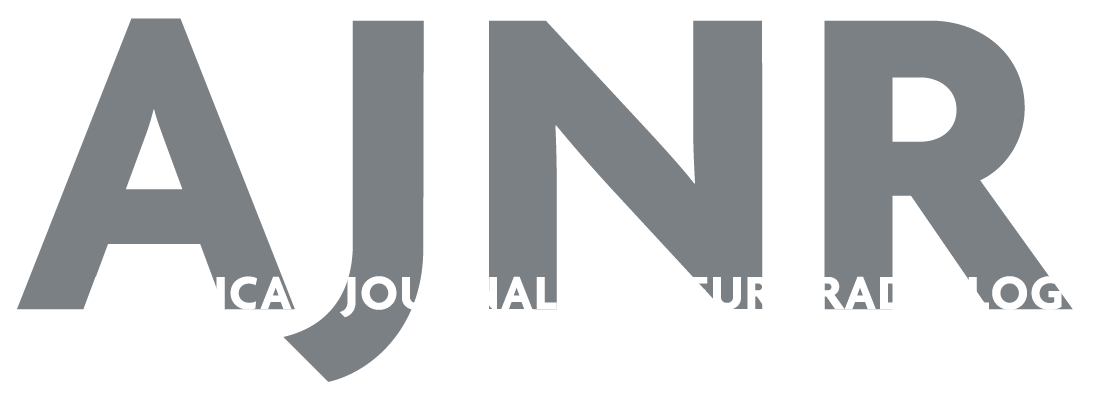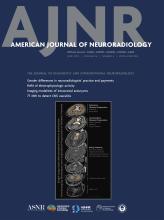Case of the Week
Section Editors: Matylda Machnowska1 and Anvita Pauranik2
1University of Toronto, Toronto, Ontario, Canada
2BC Children's Hospital, University of British Columbia, Vancouver, British Columbia, Canada
Sign up to receive an email alert when a new Case of the Week is posted.
October 4, 2010
Aicardi-Goutières Syndrome
- AGS is a rare autosomal recessive encephalopathy which can be mistaken for congenital infection.
- Clinical: Early onset encephalopathy with psychomotor delay, spasticity, extrapyramindal signs and microcephaly. Symptoms can include irritability, fevers and chilblain-like skin lesions on fingers, toes and ears. Prognosis fatal or severe and progressive (30% death by age 17).
- Key Diagnostic Features:
- Basal ganglia and periventricular WM calcification. Calcifications can sometimes develop late.
- Leukodystrophy: mostly lobar and subcortical arcuate fibers, frontopolar and less frequently cystic degeneration. No enhancement, sparing of cortex.
- Cerebral atrophy, superficial and deep.
- Lab: CSF chronic lymphocytosis, elevated INF-alpha, neopterins and biopterins, and decreased folates.
- Genetic screening for four known gene mutations that affect production of nucleases involved in removing endogenous nucleic acid fragments (DNA damage response).
- Exclusion of pre-/postnatal infections, in particular TORCH complex (toxoplasmosis, rubella, CMV, herpes simplex virus).
- Consider AGS in cases of unexplained early onset leukodystrophy.
- DDX for encephalopathy with calcifications: TORCH, Cockayne syndrome, mitochondrial diseases, and certain metabolic encephalopathies (PTH deficiency, carbonic anhydrase II deficiency, biotinidase deficiency etc).











